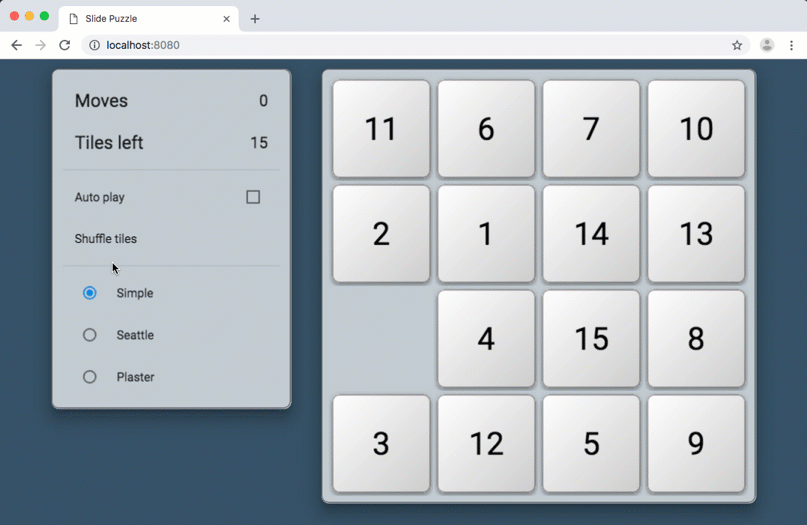Flutter, Google’s toolkit for building cross-platform applications, hit version 1.0 today. Traditionally, the project always focused on iOS and Android apps, but as the company announced today, it’s now looking at bringing Flutter to the web, too. That project, currently called Hummingbird, is essentially an experimental web-based implementation of the Flutter runtime.
“From the beginning, we designed Flutter to be a portable UI toolkit, not just a mobile UI toolkit,” Google’s group product manager for Flutter, Tim Sneath, told me. “And so we’ve been experimenting with how we can bring Flutter to different places.”

Hummingbird takes the Dart code that all Flutter applications are written in and then compiles it to JavaScript, which in turn allows the code to run in any modern browser. Developers have always been able to compile Dart to JavaScript, so this part isn’t new, but ensuring that the Flutter engine would work, and bringing all the relevant Flutter features to the web was a major engineering effort. Indeed, Google built three prototypes to see how this could work. Just bringing the widgets over wasn’t enough. A combination of the Flutter widgets and its layout system was also discarded and in the end, the team decided to build a full Flutter web engine that retains all of the layers that sit above the dart:ui library.
“One of the great things about Flutter itself is that it compiles to machine code, to Arm code. But Hummingbird extends that further and says, okay, we’ll also compile to JavaScript and we’ll replace the Flutter engine on the web with the Hummingbird engine which then enables Flutter code to run without changes in web browsers. And that, of course, extends Flutter’s perspective to a whole new ecosystem.”
With tools like Electron, it’s easy enough to bring a web app to the desktop, too, so there’s now also a pathway for bringing Flutter apps to Windows and MacOS that way, though there is already another project in progress to embed Flutter into native desktop apps, too.
It’s worth noting that Google always touted the fact that Flutter compiled to native code — and the speed gains it got from that. Compiling to the web is a bit of a tradeoff, though. Sneath acknowledged as much and stressed that Hummingbird is an experimental project and that Google isn’t releasing any code today. Right now, it’s a technical demonstration.
“If you can go native, you should go native,” he said. “Think of it as an extension of Flutter’s reach rather than a solution to the problem that Flutter itself is solving.”
In its current iteration, the Flutter web engine can handle most apps, but there’s still a lot of work to do to ensure that all widgets run correctly, for example. The team is also looking at building a plugin system and ways to embed Flutter and into existing web apps — and existing web apps into Flutter web apps.
Read Full Article
No comments:
Post a Comment